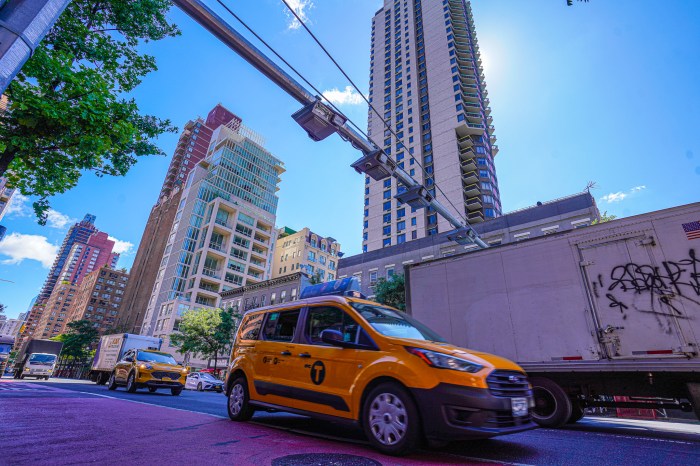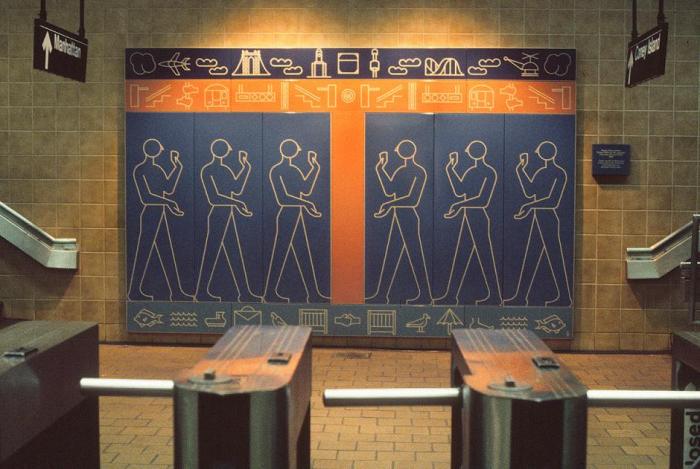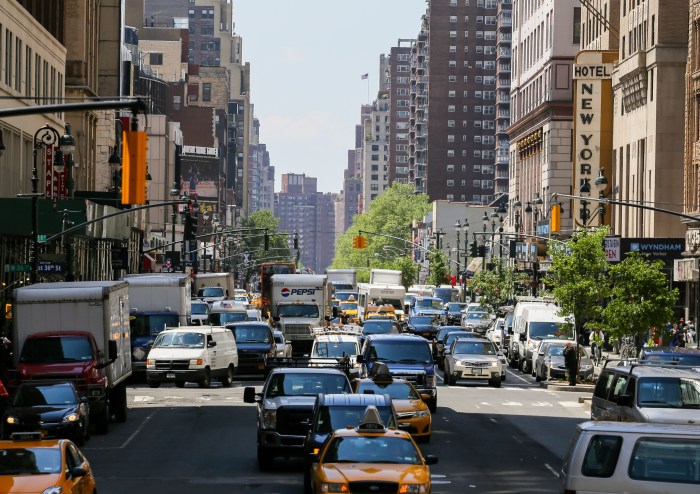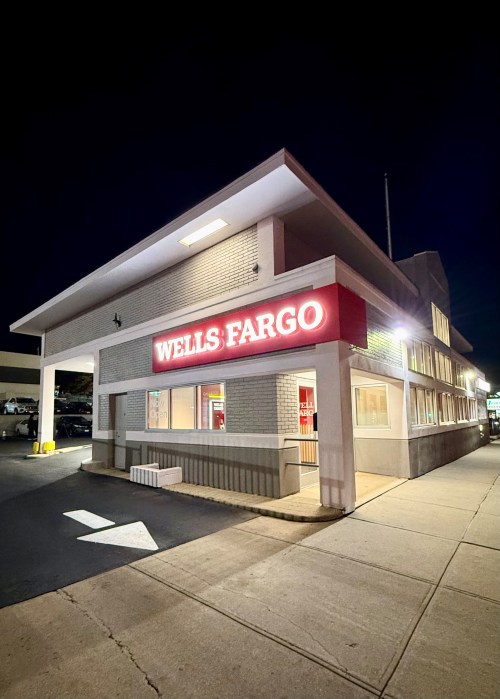Advocates have a clear message for candidates running for state legislature this fall: Pay attention to transit.
As subway delays continue to plague commutes while worsening traffic clogs city streets, a group of eight transit and civil rights nonprofits published a six-point policy brief on Tuesday for candidates running in state elections, offering top priorities for improving mass transit service, access and equity in a growing city. Chief among the recommendations are to implement congestion pricing and fund the MTA’s plan to modernize subway and bus service.
“I think 2019 will be the decisive year for whether the state responds effectively to the transit crisis,” said John Raskin, the executive director of the Riders Alliance, one of the crafters of the brief. “The subway system’s summer of hell has become a multiyear affair; the bus system gets slower and continues to lose riders and our streets are overrun with congestion, which is part of why buses can’t get around.”
The report calls for state lawmakers to fully support Gov. Andrew Cuomo’s Fix NYC panel, which recommended new tolls for trucks and private vehicles entering the Manhattan Central Business district below 60th Street as a way to help fund the MTA’s modernization plan, called Fast Forward, which has been estimated to cost $30 billion over a ten-year period.
“There’s a role for the MTA; there’s a role for the city. But we’re never going to be able to fix our transportation challenges without the leadership of the governor and the active support of the state legislature,” Raskin continued. “And the transportation agenda we’re releasing today is what the governor and state lawmakers need to do if they’re seriously going to address New York City’s transit crisis.”
For buses, the groups call for more bus lanes; legislation to expand the use of cameras to enforce illegal blocking of those lanes, and the rollout of all-electric buses “as quickly as possible.”
While the MTA has committed through Fast Forward to rapidly increase wheelchair access to subway stations, the report outlines how the authority could go further by allowing Access-A-Ride vehicles to use bus lanes.
It also recommends transferring purview of traffic enforcement cameras — like speed limit and bus lane cameras — from the state to the city. This comes as the State Senate failed to extend the city’s school zone speed camera program — which advocates and the city have deemed a success — before the end of legislative session last month.
There are also recommendations to eliminate all parking placards for government employees — a perk that has expanded under Mayor Bill de Blasio despite obvious rampant misuse among placard holders.
Inertia on many of these policies during previous legislative sessions has frustrated advocates and experts. Eric McClure, the executive director of StreetsPAC, a political action committee supporting pro-transit candidates, said that with the exception of a vocal few, the legislative body in Albany “leaves a lot to be desired.”
“I think part of the issue is that it’s easy in Albany for people to find cover for inaction. The governor points the finger at the Senate and the Assembly and the Assembly can say, ‘well we did this, but the Senate didn’t,’” McClure said. “The lack of ultimate accountability keeps people from having to act.”
In the face of a series of high-profile service failures last year, Albany legislators failed to support a complete congestion pricing plan, intended to secure new funds for the subways, as they hashed out the state budget. McClure called the failure “a major indictment” on state lawmakers and the governor. Though he noted that Gov. Andrew Cuomo has again said that he will fight to enact congestion pricing, McClure gave some credit to his gubernatorial challenger, Cynthia Nixon.
“Cynthia Nixon has been outspoken about the need to fund the MTA. She’s certainly pulled the governor in that direction to some degree,” McClure said.
Lauren Hitt, a spokeswoman for Nixon, noted in an email that “Cynthia has endorsed comprehensive congestion pricing, as well as Fast Forward and said we need to do a full accounting of assets” in her platform called “Fixing the Subways.”
Abbey Fashouer, a Cuomo campaign spokeswoman, responded saying Cuomo “single-handedly revived congestion pricing” as a policy goal and “directed” the MTA to develop the Fast Forward plan. She also knocked de Blasio for not coming around yet to support congestion pricing.
“We’re glad transit advocates endorse our all-levers approach to improving transit service, and are demanding candidates for elected office support it too and not take their tips from City Hall,” she said in a statement.































